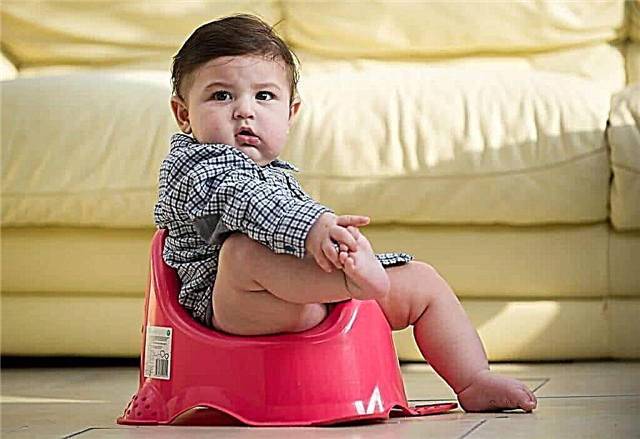
When a child gets his panties dirty, it makes him uncomfortable and disturbs the parents. Why can fecal incontinence occur and how to get rid of this problem?
What is it?
Fecal incontinence is the unconscious bowel movement of children over the age of three. Another name for this unintentional excretion of stool is encopresis. Since babies under three years old are just learning to control their bowel function, then at this age, involuntary bowel movements are not considered fecal incontinence.
Encopresis is noted in 1-3% of children, while in boys this disorder is several times more common. Parents may mistakenly consider this problem a manifestation of diarrhea, but more often encopresis accompanies prolonged constipation. The main symptom of encopresis is traces of feces on the linen.

Causes
Chronic constipation is considered the main factor causing fecal incontinence. As a result of this problem, the rectum is stretched, and the anus cannot close tightly to contain feces. In most cases, this type of constipation is caused by eating disorders and psychological factors, for example, persistent potty training.
Other reasons for encopresis are:
- The consequences of intrauterine hypoxia, in particular encephalopathy.
- Neuroses.
- Dysbacteriosis.
- Congenital bowel pathology.
- Injuries to the anus and buttocks.
- Stressful situations (family conflicts, divorce, death of parents and others).
- Intestinal infections in the first years of life.
- Hirschsprung's disease.
Disease development
Most often, the problem begins either with improper nutrition (the child's diet is low in fiber and water), or with a sense of shame in the child associated with defecation (if the child is ashamed or hesitates to go to the toilet outside the home). The result will be excessively dense, large-volume stools that fill the intestines. Because of it, defecation becomes traumatic (often there are cracks in the anus, as well as hemorrhoids) and painful.
As a result of the retention of feces in the rectum, it stretches and the sensitivity of its tissues decreases. The muscular apparatus of the intestine begins to contract worse, and the child ceases to feel the urge to empty. The resulting encopresis is a very embarrassing problem for the child, which makes the situation even worse.

Diagnostics
To make a diagnosis, you need to ask the parents about how the child eats and how he goes to the toilet. Sometimes a rectal exam is done to see if the bowel is stretched and full of stool. If Hirschsprung's disease is suspected, a contrast x-ray is prescribed for the baby.
Treatment
A pediatrician and gastroenterologist can help a child with fecal incontinence. To effectively get rid of the problem, you should gradually eliminate constipation and help the intestines begin to function normally. Treatment is often long - 6-12 months.
First, the intestines are cleaned of feces that have accumulated in it, after which they make sure that the child does not develop constipation. To do this, adjust the baby's nutrition, ensure that the required amount of fluid enters his body, and prescribe drugs with dietary fiber. All actions will be aimed at developing the correct emptying habits and preventing constipation. Often, doctors also prescribe mild laxatives and psychotherapy.
Prevention and advice from a psychologist
Child psychologists say that in order to avoid fecal incontinence in children, parents should not allow the development of constipation and not provoke situations where the child may experience shame associated with the process of defecation. You should not force a child to potty, shame and ridicule him. The process should take place gradually with maximum support and patience from loved ones.

For more information on neurotic encopresis, see the following video.
The baby's diet should have enough fiber foods - vegetables, grain products, fruits, legumes. If the child eats few such foods, their content in the diet should be increased gradually so that flatulence does not appear. It is also important that the child drinks enough clean water.



